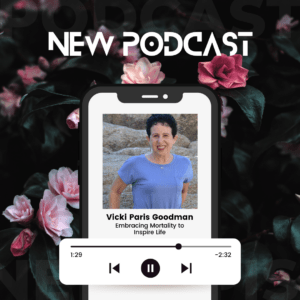
When my experience defies conventional thought, I write a book...
Making Sense of the Distance Between Me and My Terminally Ill Husband

What was happening to our relationship?
It felt so tragic! There I was, taking care of my terminally ill husband whose impending death from liver cancer had finally drawn near. But he and I had very little to say to one another.
Yes, my husband’s life and our marriage were “living on borrowed time.” If anything, this fact should have brought us closer together, right? It turns out, it doesn’t exactly work that way. But I didn’t find out until months after he died.
Call it a defense mechanism, or self-preservation. The surviving spouse-to-be of a terminally ill patient may begin to distance herself from her husband before he dies.
Dr. Alejandra Vasquez, writing for the Cake website joincake.com, advises spouses, “Learn to let go.” She says, “One way of dealing with anticipatory grief is learning to let go of them while still maintaining hope…When you allow yourself to let go of your loved one, you open the way for grief to take shape and make room for healing.”
I just never knew the process would begin while Sam was still alive.
But this letting go makes sense when considering the decline of a terminally ill spouse. As my husband Sam’s cancer began to affect his cognitive ability, I noted the diminishment and knew it would irrevocably change him. He would never be the same again.
When looked at this way, it’s no wonder anticipatory grief causes a spouse to start to distance herself from her terminally ill husband.
On pbs.org, Bonnie Lawrence acknowledges the onset of the grieving process long before the person passes away, stating, “Particularly when an illness causes cognitive or memory decline, we grieve the person who used to be…As those characteristics [we loved] fade with increasing illness, we start grieving their loss.”
And I would add, at that time we also begin to let go.
When understood in these terms, the fact that Sam and I had very little to say to one another as his death approached is no longer something I need to question or feel guilt over. I can stop wondering what I might have done wrong. I don’t have to feel bad over a missed opportunity to communicate with him or a lost chance to experience an intimate moment that never occurred because of my failing.
In other words, at that point those opportunities were behind us. So, I can accept Sam’s passing the way it happened while knowing our relationship had changed during his illness because of the progression of his decline. There was nothing I could have done to elevate the quality of our interaction at the end of his life.


